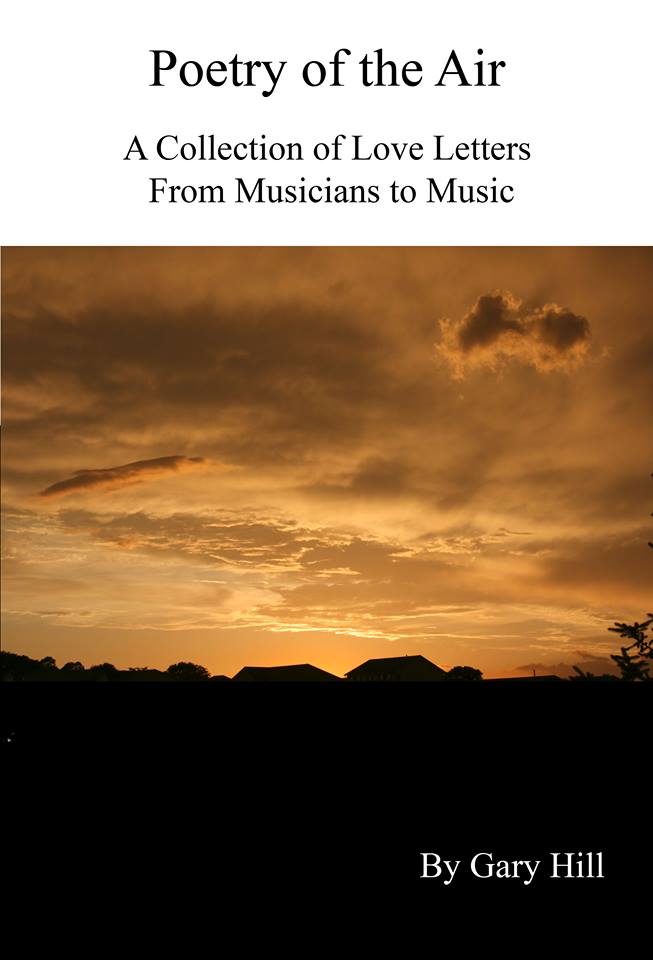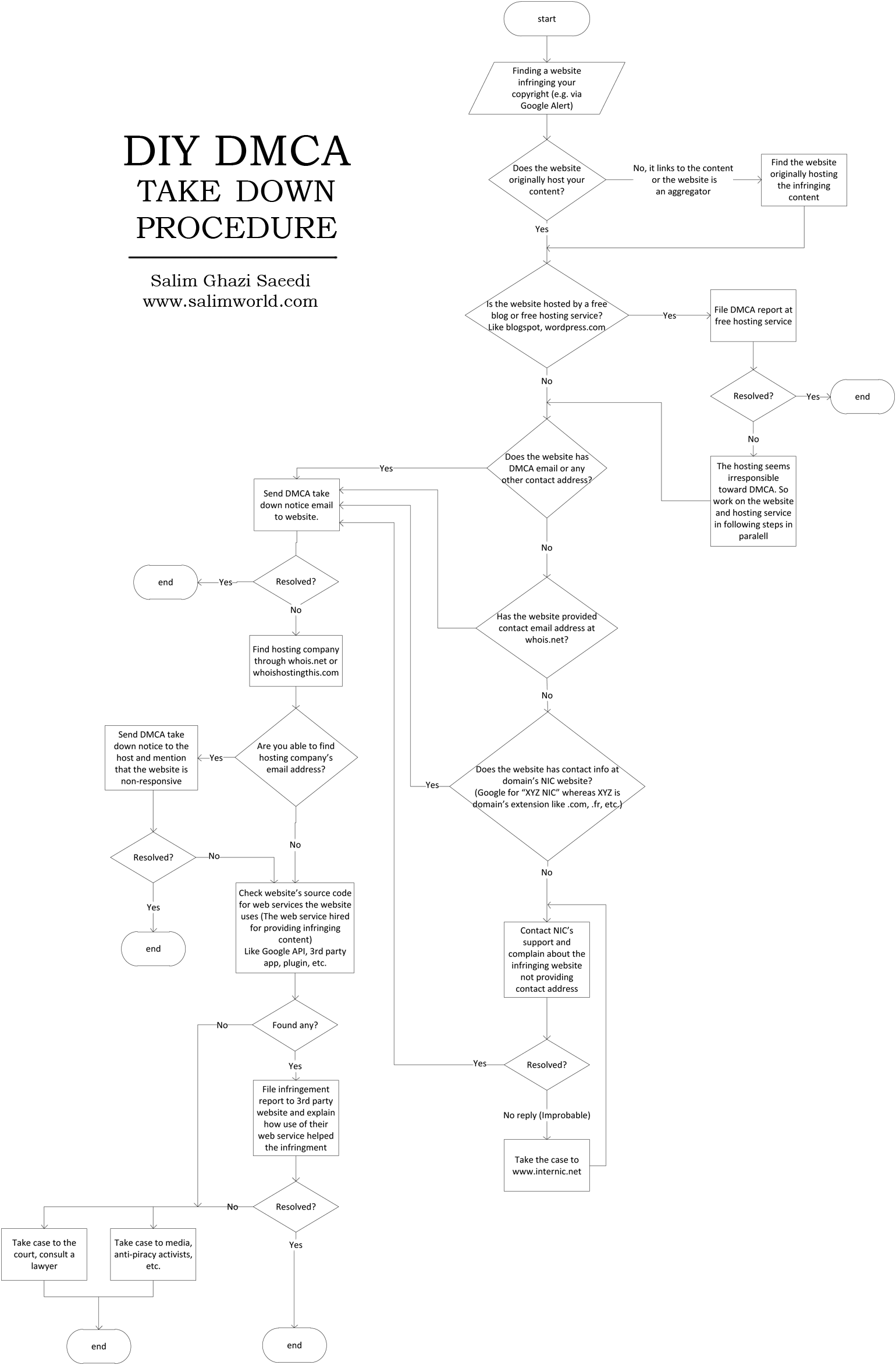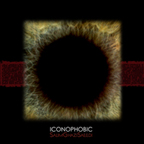Applying for the first job in Australia as a skilled migrant in professional jobs could takes months, becomes boring or makes you cry. Here are some advanced tips for serious job seekers. This guide is based on my own experience and I call it “advanced” since prior to applying them you should be acquainted with “basic” resume making and interview skills for which there are many resources available. Stick to this guide and this guide will hopefully make your settlement process easier:
Be ready to search for months. Even a year
The employment process is itself long with many parameters involved. From the time you apply, it could take 1.5 month or even more to secure the job and in this course many things may happen. The job requirements may change, the employer may change his mind and hundreds of other applicants may apply. Add to this employers who prefer local experience. It seriously takes time. In order to improve your social skills upon entry and save money I suggest to rent private rooms in shared houses. I find the best platform airbnb,com. The Australians are quite relaxed and friendly. This way you will be obliged to engage with other tenants. Consequently your English and culture awareness will improve.
There is no such thing as a perfect resume
No matter how confident you are in the content and style of your current resume do not pass easily from this paragraph. How many times you have revised your resume according to Australian standards? Five times? Ten times? It may need more. More specifically give it to professional people in your field to edit.
Do not let “you do not have a local experience” motto disappoint you
Job market could be discriminating or lets say conservative against applicants with no local experience. But there are some companies – especially large international or young creative ones – which have a multi-cultural employee environment. Some others may need people urgently. Sure you do not have a local experience because you have just migrated. But do not make it political or complain to much, unless you are going to become an activist.
Do not compromise your expertise
No matter what anyone says, do not compromise your expertise for any lower level work. If you have migrated based on Australian current job market needs (i.e. your job is on SOL), try to find the job you are the best at. No more, no less.
For the interviews you have to practice many work examples and be able to introduce yourself on the fly in unpredictable phone calls from 9am to 6pm, while you are in the street or toilet. If you apply for a junior, mid-level or senior level jobs simultaneously, you have to know 3 different versions of your self-presentation by heart. I wasn’t able to do that!
Consider job searching as a full time job
Wake up in the morning, do some sports, start early and use the business hours for job searching. Continue this tirelessly no matter how many months pass.
For the above reason try to avoid working any unrelated job to your expertise – if possible. If you become a salesperson or waiter to have something the table, you will not have time to do the job search.
Weak English? Forget about it
Unless you are lucky, a very technical nerd that needs minimum interaction with other people at work or are applying for not very professional jobs, you have to have fluent English. You should impress the HR/employer/agent on the phone or interview. And impressing means interacting as a real human being and not just a job-performing robot. Read newspapers and watch Australian TV everyday.
Do consider government jobs
Writing “selection criteria” besides tailoring resume and cover letter is boring but it could be rewarding if you are applying government jobs or companies welcoming employees from different diversity backgrounds or minorities (They always mention this at the bottom of the ad). So be sure to mention your sex, ethnicity or having a disability and do not choose “I wish not to disclose” option. Your chance of employment will be higher this way.
Be the master of your job market
As a skill migrant, you are coming from a different job market culture so job titles and terms in your profession may differ here. Go deep in reading job ads to thoroughly understand which job title(s) describe you in Australia the best. Before coming to Australia my job title was “Systems and Methods Specialist”. Then I realised Australians call it “Business Analyst”. And this was not the end of story. More specifically there are: IT Business Analyst, Technical Business Analyst, Business Process Analyst, Commercial Analyst, Continuous Improvement Analyst, Process Analyst, Financial Analyst. And there is no standard in how employers use these terms. So one employer may say “Systems Analyst” but he actually means “IT Business Analyst” in your terminology. My suggestion is never search for jobs based on job categories. Instead search based on keywords in your profession that you expect to see in job ads.
Develop a methodology for your job search
There are two extreme types of applicants. Some find low frequent job ads in their field. Lets say 1-2 per day. And some find high frequent job ads. Lets say 40-50 per day. The approach for each of these extremes should be different. (And decide your approach if you come in between)
- Low frequent job ads: Spend at least 2-3 hours or even way more for each job ad: Tailoring the resume, writing specific cover letter and selection criteria. Call the employer/agent before submitting, Ask them for coffee. Follow up. Become friends with them.
- High frequent job ads: Categorise and prioritise jobs titles you are capable of. Categorise and prioritise jobs ads. Apply real-time (In seek.com.au you are able to filter the jobs posted today). Call and follow up only important ones. You can build resume templates for each category and its variations and spend time tailoring only if you have.
Attend free resume/interview classes held by government
Australian government holds free resume/interview classes. The name of the course is different in each state. You will find the links in Ministry of Trades state government website. In NSW it is called Skillmax. One important fact is these classes only provide general advice in your resume. They are not experts in your profession. So you have to translate your resume to professional vocabulary of your job yourself or ask/research people in your field.
Juggle with applying methods
Be creative. Do not hide behind your computer. Make the application process lively and interesting. Some known methods so far:
- Seek.com.au: To my experience it is a very important platform. It could be not true for all professions.
- Try indeed.com or careerone.com.au that aggregate some jobs not advertised on seek.com
- Make your Linkedin professional in Linkedin way. Do not just copy/paste your resume here. Know Linkedin’s style. A catchy headline matters a lot. Know Karaylyn Brown. She is an expert Linkedin profile writer. I attended her seminar in Skillmax class and then I rewrote my profile based on her suggestions. Ask her for help if you need.
- Visit companies and recruitment agencies: It is essential to know your job market physically too. Before visiting one famous recruiter in person I always thought it is a one room company run by some teenagers, actually because of their awful website design. After visiting them I realised they own two multi story buildings in Sydney as a branch of a UK company.
- Ask people for coffee: If you are able to present yourself well, convincing managers or recruiters to have a coffee with you is way easier than formal talk via phone.
- Attend meetups posted on meetup.com related to your profession: You could easily find referees by this way.
- Become member of professional associations/clubs in your field
- Apply via referees from your network: Apply via people you know and make them as your referees.
- Subscribe to companies that do not post on seek: You think Google post their careers on seek.com? No they don’t 🙂
- Cold call companies: Some may reject you and some won’t. Do it if you are a good improviser and are able to engage with people fast.
- Post letters: In some company cultures a printed document is considered a task. So when they receive the cover letter with your resume in paper format they think there should something be done about it. Some say it works.
The key to a successful interview is impression
They key to a successful interview is to impress the interviewer. Experience and qualifications come second to this. If you are smart – which you are because you have migrated for a cause – you will immediately know within the first minutes if the interviewer likes you. Interviewer’s frequent affirmative nods, fixing on you has he/she has gone blank and frequent sparkling eyes means you will most probably get the job. If you did not feel these in the beginning of the interview, indirectly ask them why you have gone wrong. The bottom line is they should like you. This is why it is done via human/human interaction and not robotic question/robotic answer.
If you failed, no worries. The best interview teacher is failed interview.
Consider shortlisting rate only 10% or less
Being rejected by employers is normal. Consider the success rate for being shortlisted only 10% or even less. Do not let the rejection letters disappoint you. Even if you are rejected you can still write them and ask why you have been rejected because you want to improve your further employability. Re-apply previously rejected jobs if they are posted again. Many success stories exist. Naturally rejection does not always mean that you are not qualified for that job.
You have not got the job until you signed the contract
They may call you and say we want you or we absolutely love you. But do not stop applying unless you have signed the contract. Once I had successful interviews in a management consulting and they wrote me a superb cover letter to the client. These interviews took about a week so I thought it is finished especially with the killer cover letter they wrote for me to the client. But at final stage the client did not hire me. I was kind of disappointed at first but then used to it!
Shut up and do your work
Never fear. Nothing is authentic but you. Live your own rules. (A tempered version of chaotes’ creed, “Nothing is True, Everything is Permitted”)
My Linkedin Profile: www.linkedin.com/in/salimgs
(c) 2015 Salim Ghazi Saeedi
 Music Street Journal’s Gary Hill dedicated a chapter to me in his recent book, Poetry of the Air. The book interviews progressive rock musicians for their experience as music listeners. To quote from the book, “The basic idea is that musicians, before making the decision to get involved making music, were music fans.”. Indeed being featured in this book among prog musician giants is an unspeakable honor for me. Below is what I contributed to the book. At the end find more information about the book and how you could purchase it.
Music Street Journal’s Gary Hill dedicated a chapter to me in his recent book, Poetry of the Air. The book interviews progressive rock musicians for their experience as music listeners. To quote from the book, “The basic idea is that musicians, before making the decision to get involved making music, were music fans.”. Indeed being featured in this book among prog musician giants is an unspeakable honor for me. Below is what I contributed to the book. At the end find more information about the book and how you could purchase it.



